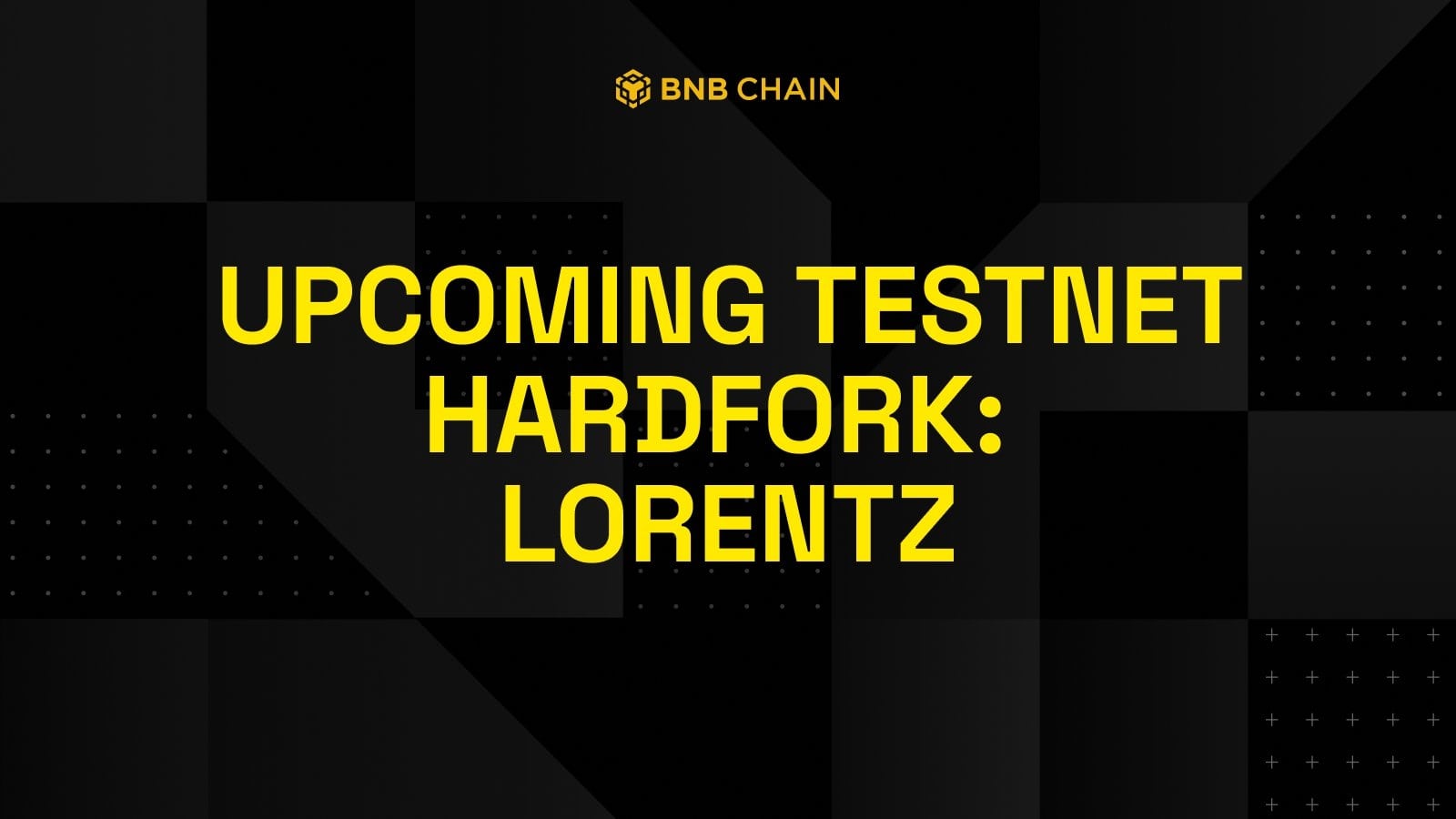BNB Chain Completes Pascal Hard Fork, Aims for Significant Speed Improvements with Lorentz and Maxwell

Key Takeaways:
- BNB Chain successfully incorporated the Pascal hard fork, integrating key Ethereum Virtual Machine (EVM) enhancements, including EIP-7702.
- In April and June this year, two upcoming upgrades—Lorentz and Maxwell—are expected to reduce block times by half and further enhance network speed.
- BNB Chain’s DEX trading volume has recently surged, surpassing Ethereum and Solana, fueled partly by memecoin activity on PancakeSwap.
BNB Chain has officially completed its Pascal Hard Fork as of March 21, 2025, setting the stage for the upcoming Lorentz and Maxwell upgrades. After introducing Pascal with improved transaction throughput and deeper Ethereum Virtual Machine (EVM) compatibility, BNB Chain now shifts its focus to Lorentz in April and Maxwell in June, both aimed at reducing block times and improving transaction finality. These upgrades mark a major step forward, reinforcing BNB Chain’s position as an early adopter of key EVM enhancements.
Pascal Hard Fork Brings Key EVM Enhancements, Paving the Way for Lorentz
One of the core components of the Pascal update is the successful integration of Ethereum Improvement Proposal (EIP) 7702. This integration provides a path to advanced functionalities that are either impossible or cumbersome on the network today, such as gas abstraction, smart contract wallets, and batch transactions.
Importantly, the change eliminates the long-resented need for users to approve two separate transactions from common actions in DeFi. And EIP-7702 also lays the groundwork for potential user benefits in the form of enhanced user experiences with social recovery and native multi-sigs.
Smart accounts are not a completely new thing though — ERC-4337 helped introduce them to Ethereum in the first half of 2023, but Pascal aims to do it better. This hard fork introduces the functionality in a more native manner, as opposed to the earlier Ethereum method, which would often require users to create new wallets. The update will also streamline onboarding for new users while offering enhanced flexibility for decentralized application (dApp) developers.
Network Gears Up for Major Speed Enhancements with Lorentz and Maxwell
Now that Pascal is done, work will shift to higher network throughput. BNB Chain has advised node owners, validators, exchanges, and infrastructure providers to update their systems as soon as possible. If they fail to apply the required updates, their nodes may end up out of sync with the main network after the hard fork is implemented. Also, crypto platforms and developers must make sure their systems and dApps support the new transaction structures that Pascal introduces.
Moving forward, BNB Chain has even more ambitious plans for speed improvements:
- Lorentz Hardfork (April 2025): This release will significantly reduce our block times to 1.5 seconds on the BNB Smart Chain (BSC). This is ambitious, aiming to drastically reduce confirmation time for transactions and improve the overall responsiveness of the network.
- opBNB Improvement: Lorentz will introduce 0.5-second block times for opBNB, enabling higher throughput and smoother app interactions. Developers should be cautious: dApps relying heavily on precise timing may face race conditions or sync issues.
- Timeline: opBNB Testnet hardfork on April 2; BSC Testnet hardfork on April 8; BSC Mainnet hardfork on April 29.
- Infrastructure Impact: Validators, nodes, and explorers should prepare for more frequent blocks and a slight increase in computational resource requirements. It’s recommended that infrastructure is checked ahead of the April 29 mainnet upgrade.
- Maxwell Hardfork (June 2025): Like Lorentz, Maxwell aims to decrease block processing times further down, to 0.75 seconds. The ultimate goal is speed—making on-chain interactions feel nearly instant. Important speed increases are expected as DApp usage grows with broader crypto adoption.

BNB Chain Ecosystem Shoots Up Due to Lorentz and Maxwell
These network improvements are being paired with ecosystem changes. In particular, next week will see the BNB Chain Wallet become a Lite Version as part of the continuing BNB Beacon Chain sunset process. In the meantime, users are urged to refer to the guidance provided by official BNB Chain channels regarding the migration of assets or the use of alternative wallet solutions.
Despite ongoing transitions, including the shift of the BNB Chain Wallet to a Lite Version, the BNB Chain ecosystem remains highly active. Over the last 24 hours, BNB Chain has seen $2.13 billion in Decentralized Exchange (DEX) trading volume, according to data from DeFiLlama. The figure was particularly striking when compared to Ethereum’s $1.75 billion and Solana’s $1.48 billion over the same time frame. Weekly trading volume on BNB Chain surged nearly 60% to $13.56 billion, contrasting with a 40% drop on other major networks. This increase is mainly driven by the rise of memecoins, including Mubarak, boosting activity on PancakeSwap, which saw $2.56 billion in transactions, nearly double the volume of Uniswap.
More News: BNB Chain Completes Upgrade and Launches Pascal Hard Fork: A New Era of EVM Compatibility and Speed
The post BNB Chain Completes Pascal Hard Fork, Aims for Significant Speed Improvements with Lorentz and Maxwell appeared first on CryptoNinjas.